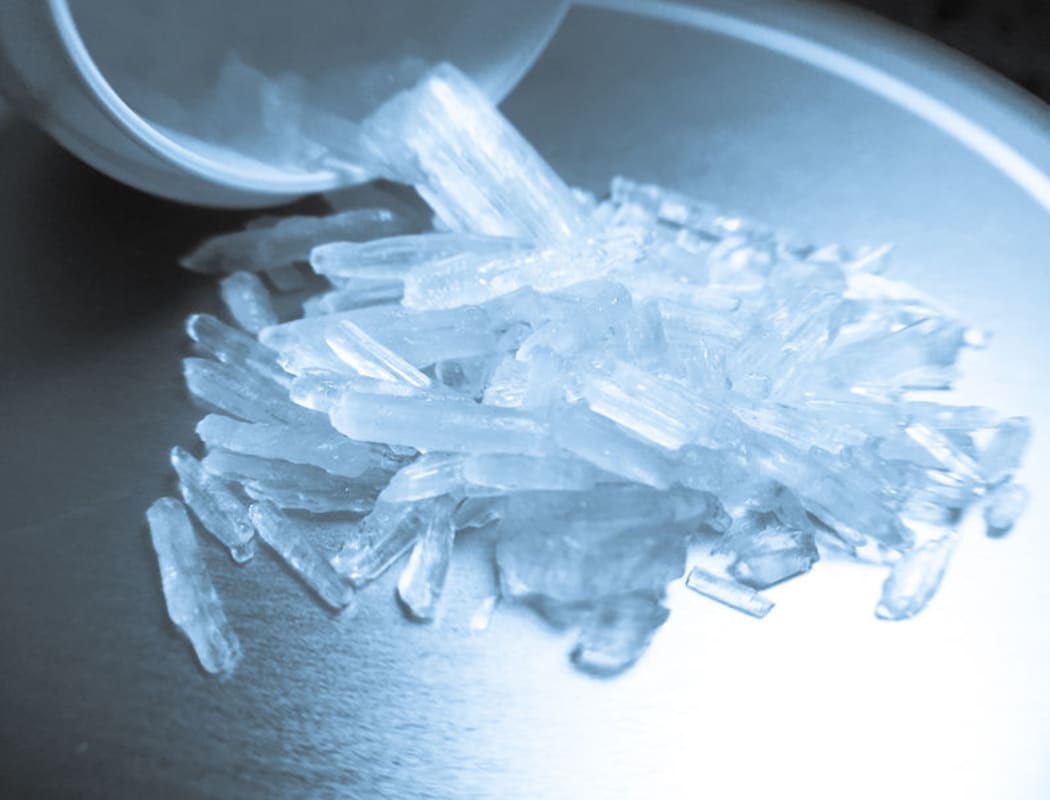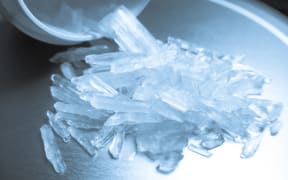A report released this morning sheds some light on drug prevalence in the city for the first time.
Wastewater drug testing has been trialed in Auckland and Christchurch since December last year with Whangarei testing starting in August.
The data was collected from wastewater facilities for one week every month.

methamphetamine Photo: 123.rf
Police estimated that in Whangarei 7665 milligrams of methamphetamine is used per week per 1000 people.
That's nearly four times the 1953 milligrams used in Christchurch. Auckland's use of methamphetamine is 2824 milligrams.
Ecstasy and cocaine were also detected in wastewater from all three cities.
The city's testing programme comes under a partnership between the police and Northland DHB in an effort to reduce methamphetamine demand.
In the six months to May the amounts of meth, cocaine and MDMA only fluctuated a little at both sites in Auckland and Christchurch, while alpha PVP and heroin were consistently undetected.
"The results indicate a high incidence of methamphetamine in the Whangarei wastewater and confirm the commitment to the Te Ara Oranga partnership between Northland DHB and Police to reduce methamphetamine demand," Superintendent Russell Le Prou said.
He said the results would provide a baseline to measure treatment and enforcement going forward.
"For example, following an enforcement operation, when methamphetamine is seized, the impact of the seizure will be monitored against the wastewater results."
He said he was not surprised by the results in Whangarei.
"I would think that ... what we've seen over the preceding couple of years has led to a no surprise result for the wasterwater testing," said Mr Le Prou.
Te Ara Oranga also looks at a screening and referral trial called Rataora.
Those in Whangarei police custody and the Whangarei Hospital Emergency Department were screened for substance abuse for a week.
Ian McKenzie, the Northland DHB's mental health and addiction services general manager, said based on those results, they expect 200 meth users would be identified in a year if screening was a permanent fixture.
"That's important to us because it allows us to intervene earlier in someone's use cycle," he said.
"Many people will only seek treatment when they have a crisis with ... the law or their health so the screening process and referral at the emergency department is a way that we can get in early."


